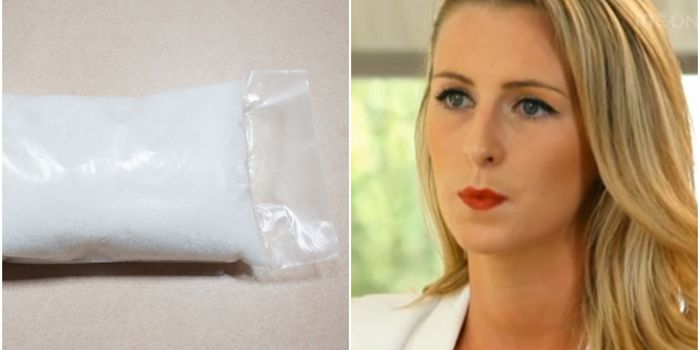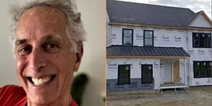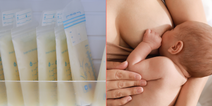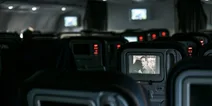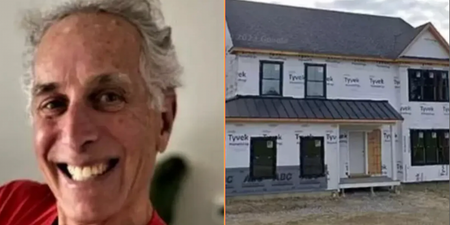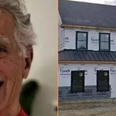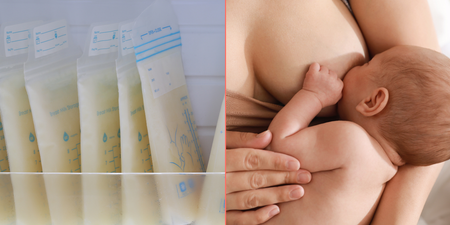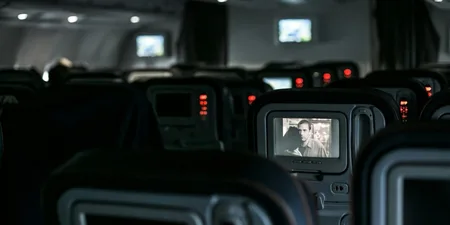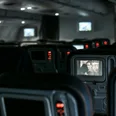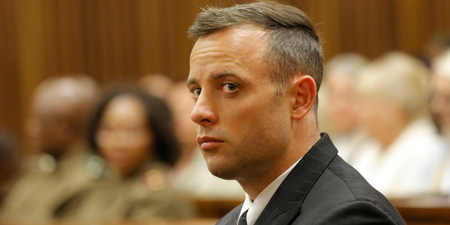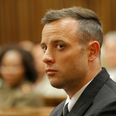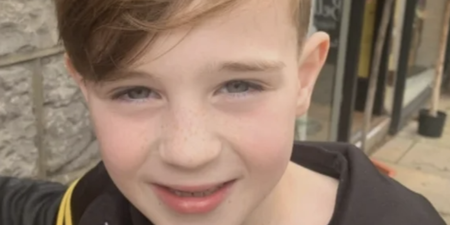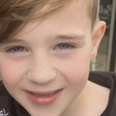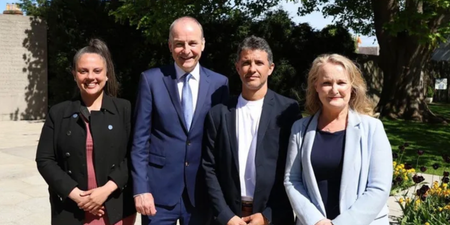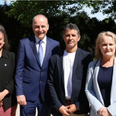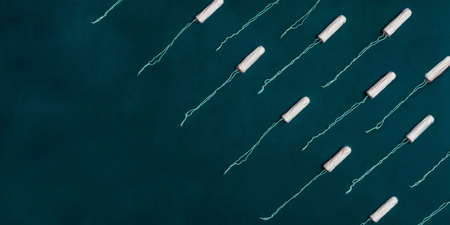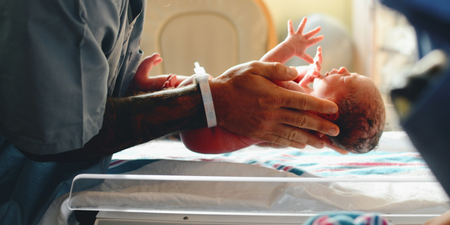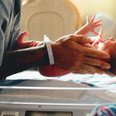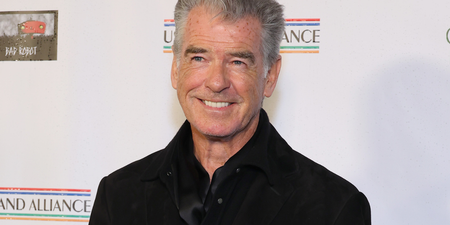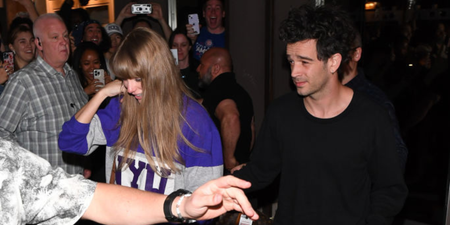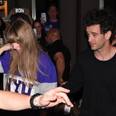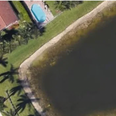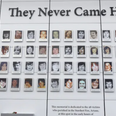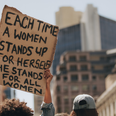A letter was sent to us this morning from a young woman who wishes to remain anonymous.
The woman writes about her experiences of living with drug abuse and the failure of RTÉ to address the seriousness of Michaella McCollum’s crime in last night’s interview.
The letter reads:
Dear RTÉ,
Last night I watched the interview with Michaela McCollum Connolly on RTE One. I thought about not watching it. Then, I thought about myself. I thought of how I am a usually very forgiving person. I decided I wanted to see what she had to say for herself. I wanted to judge her personally on her own words and account of the situation. I decided I wanted to watch it because I am a daughter of a drug-addicted parent and I wanted an apology. Obviously, I will never receive my apology directly from the drug dealers who supply my parent and obviously Michaela is not my parent’s supplier. The problem is she could have been. She could have been anyone’s supplier. So, I set the sky recorder, sat down later on and watched. I waited for your interviewer to ask the hard questions on everyone’s minds since the incident in 2013. Unfortunately, I was left waiting.
What I watched was an interview that allowed a drug-smuggler victimise herself. What I watched was a girl perfectly done up talk about how she grew from her experience and she was thankful of attempting to fill Europe with drugs because her personality had developed because of it. I listened to the girl, who not once shed a tear over her situation, say that she was grateful for the love and support from her mother and that she hoped one day she would be in a similar situation so that she could give the same love and support to her daughter. Not the exact words but to that effect.
In my opinion, she deserved a grilling. She deserved hard questions thrown at her. She deserved to be given a hard time for the crime because here was a girl who tried to fill Europe with drugs sat in what looked like a lovely apartment, with long freshly dyed blonde hair, nails professionally done and a clean white blazer on her, looking quite professional, in my opinion. RTE, here was the perfect opportunity to show the world that if you commit a serious crime you will not be forgiven so quickly by society; here was the perfect opportunity to show drug dealers all over Ireland that if you get involved in a situation such as this expect people to turn on you. RTÉ, here are the questions I hoped you would have asked her but unfortunately, did not.
- Michaela, do you know how bad the drug problem in Ireland is and has been for the last couple of years?
- Do you know many families are torn apart each year because of relatives with drug habits?
- Do you know how many people die each year because of drug addiction?
- Do you know how many babies are born each year to drug-addicted parents?
- Have you ever heard the cries of a new-born baby being weaned off specific drugs?
- Do you know how difficult it is to be born to parent(s) with drug problems and try to survive in a world where you want to be nothing like them?
- Michaela, do you know it would have been easier for you to say you knew at the time of smuggling what you were doing and what you were getting involved in and that you just did not care? It would have been easier for you to say this than victimise yourself. You are and never will be a role model to people.
- Do you know how hard it is to watch a programme on a girl who says she made a choice in a “moment of madness” knowing that you have a long day at work (again) in the morning without the prospect of an interview or rumours of book deals circulate you?
- Finally, do you know how hard it is to decide not to be a drug mule? Do you know what you did was easy? Anyone can fly off to Ibiza and decide to get involved in criminal activities such as this. It was not in a moment of madness. It was a decision you made. Ordinary, hard-working people make decisions every day to get up and go to work, come home after an eight hour shift, tired and weary to the bone, and still manage to take care of their loved ones. They are the victims. They are the ones who make choices in “moments of madness” and they should be observed, mentioned and recognised.
The author of this letter requested to remain anonymous for personal reasons.
